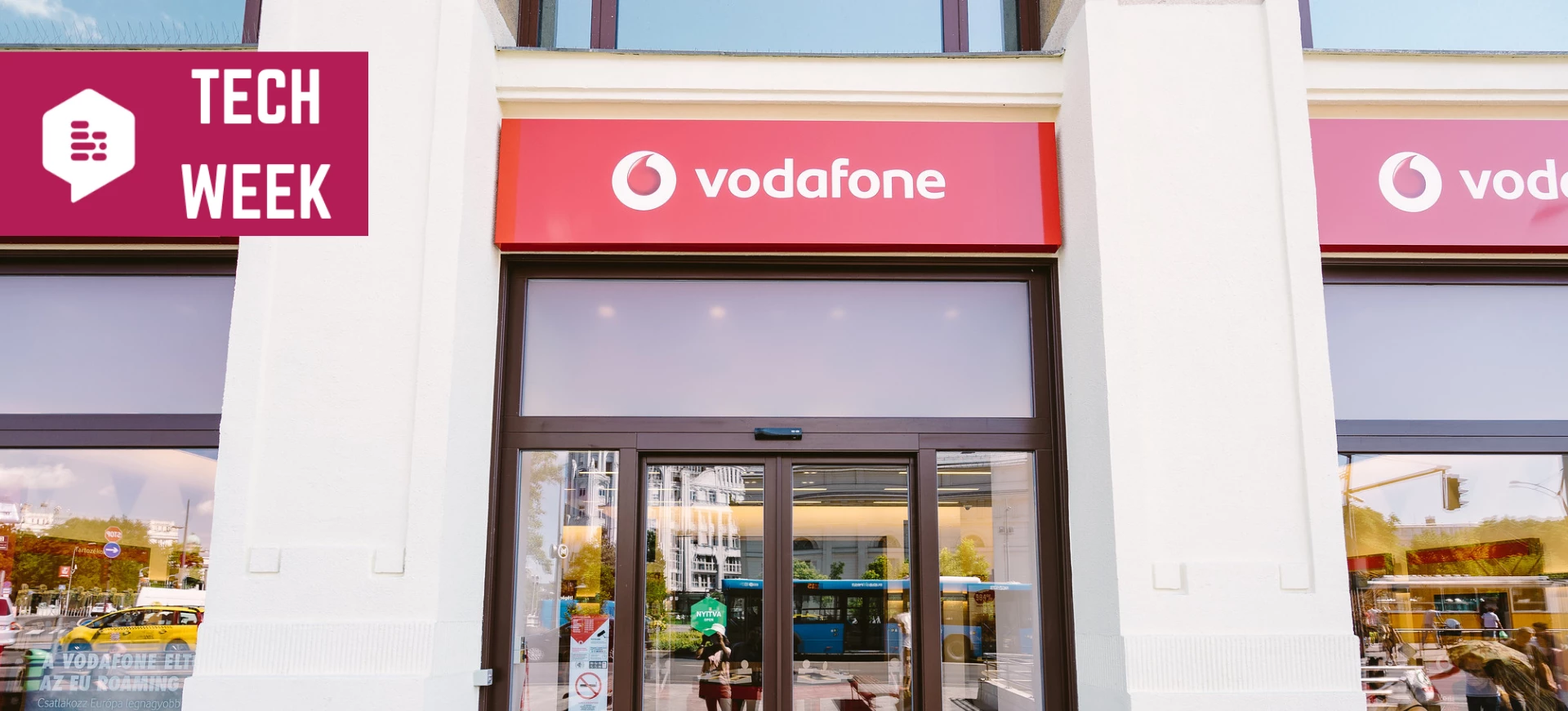
Vodafone report calls for adoption of new tech to cut emissions and create jobs
A new report from Vodafone and WPI Economics has shown that the adoption of digital technology could create thousands of jobs while cutting UK emissions by 78 per cent.
The report - ‘Connecting for Net Zero: addressing the climate crisis through digital technology’ - examines how existing tech, such as Internet of Things (IoT) and 5G, could reduce greenhouse gas emissions in three key sectors: agriculture, manufacturing and transport.
It says that the adoption of technologies in these sectors could reduce the country’s overall emissions by as much as 4 per cent a year - the equivalent of the annual emissions of the entire North East of England. This would total an emission reduction of 78 per cent by 2035.
It added that new tech could help to create 175,000 additional jobs across the UK economy.
The report shows that in manufacturing, 3.3 million tonnes of CO2e could be saved annually, with digital technology such as artificial intelligence (AI), machine learning and smart building solutions creating more efficient production lines.
In transport, 9.3 million tonnes of CO2e could be saved annually, which is the equivalent of taking two million cars off the road. This could be achieved through telematics enabling logistics companies to shorten delivery routes.
In agriculture, 4.8 million tonnes of CO2e could be saved annually, using smart sensors to improve the monitoring of crops, soil, fertiliser, feed and water, boosting resource efficiency and reducing waste.
Andrea Dona, chief network officer at Vodafone UK, commented: “Significantly reducing emissions from traditionally carbon-intensive sectors - such as manufacturing, transport and agriculture - is one of the biggest opportunities of the next decade.
“Businesses and government must work together to drive the adoption of technology that will maximise efficiencies and help the UK decarbonise more rapidly to meet vital environmental goals.
“At Vodafone, we’re committed to ambitious net zero targets and to helping our business customers to reduce their carbon footprints through our technology.”
Susanne Baker, associate director of climate, environment and sustainability at TechUK, added: “It is critical that government, regulators and business work together to fight climate change and achieve net zero by 2050.
“Digital technology has a huge potential to help us achieve our climate goals. Digital is already emerging as a key tool to support the net zero transition, and as this report shows, existing digital technology can have an even more significant impact in reducing our carbon footprint across the economy. With COP26 around the corner, now is the time to act.”
Looking to promote your product/service to SME businesses in your region? Find out how Bdaily can help →
Enjoy the read? Get Bdaily delivered.
Sign up to receive our popular morning National email for free.






 A legacy in stone and spirit
A legacy in stone and spirit
 Shaping the future: Your guide to planning reforms
Shaping the future: Your guide to planning reforms
 The future direction of expert witness services
The future direction of expert witness services
 Getting people into gear for a workplace return
Getting people into gear for a workplace return
 What to expect in the Spring Statement
What to expect in the Spring Statement
 Sunderland leading way in UK office supply market
Sunderland leading way in UK office supply market
 Key construction developments in 2025
Key construction developments in 2025
 Mediation must be part of planning process
Mediation must be part of planning process
 From apprentice to chief financial officer
From apprentice to chief financial officer
 Don't stifle growth with apprenticeship cuts
Don't stifle growth with apprenticeship cuts
 The start-up landscape: What lies ahead in 2025
The start-up landscape: What lies ahead in 2025
 JATCO adds welcome drive to automotive sector
JATCO adds welcome drive to automotive sector